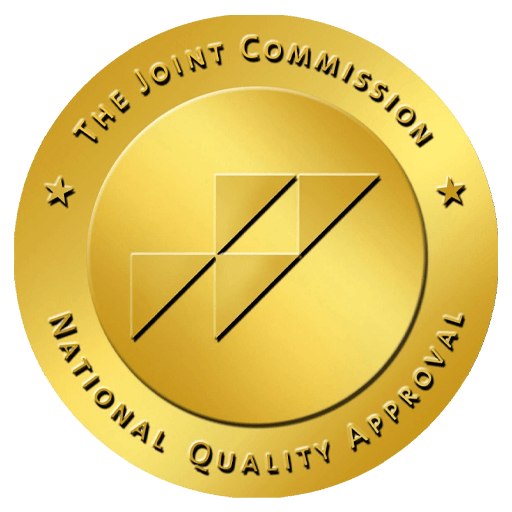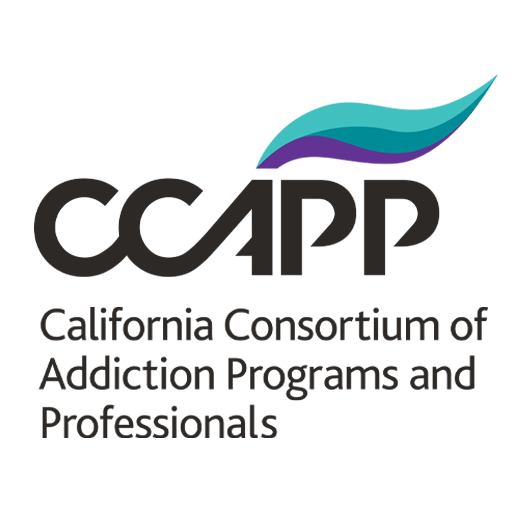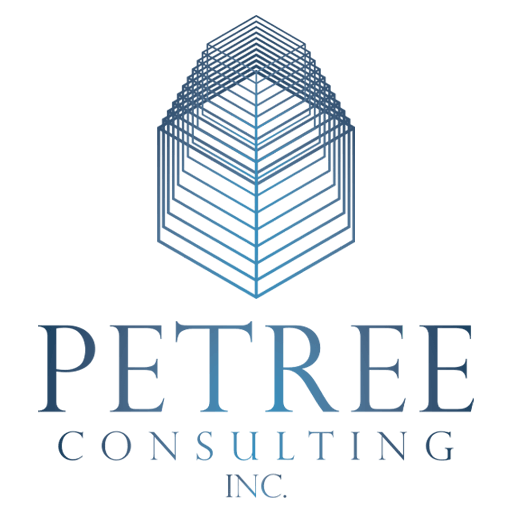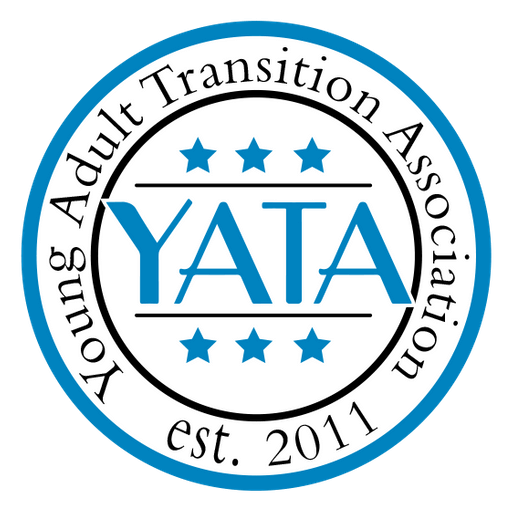Do you have to pay for drug rehabilitation?
Yes, drug rehabilitation typically involves costs, which can vary based on the type of program, the length of stay, and the services offered. However, many centers, including My Limitless Journeys, offer various payment options and may accept insurance, which can significantly reduce out-of-pocket expenses. Some facilities are exclusively private, while others might offer sliding-scale fees based on income or even scholarships for those in financial need. It’s essential to explore all available options and discuss payment plans with the rehab center to find a solution that works for you. Have you looked into the insurance coverage options or financial assistance programs offered by your nearest treatment center?
Where do celebrities go for drug rehab?
Celebrities often seek treatment in exclusive rehabilitation centers known for privacy, luxury, and high-end amenities. These facilities, such as the Betty Ford Center or Promises in Malibu, offer specialized services tailored to high-profile individuals. However, while these centers get media attention, it’s important to remember that effective treatment does not require celebrity-level privacy or luxury. My Limitless Journeys offers a personalized and compassionate approach that prioritizes individual needs and long-term recovery, which can be just as effective, if not more so, for achieving sobriety. Have you considered what specific features in a rehab would be most beneficial for your recovery journey?
How long can you stay in a rehab center?
The length of stay in a rehab center varies depending on individual needs, the severity of addiction, and the type of treatment program. Typically, programs can range from short-term stays of 28 to 30 days to long-term programs of 90 days or more. At My Limitless Journeys, we assess each client’s circumstances to recommend a suitable duration that maximizes the chances of sustained recovery. Some individuals may benefit from extended care to reinforce their new lifestyle, while others may transition to outpatient programs sooner. Does the concept of a flexible treatment plan appeal to you as you consider recovery options?
How does rehab for drug addicts work?
Rehab centers operate by providing a structured environment where individuals can focus on recovery without the distractions and triggers of everyday life. At its core, rehab involves detoxification to manage withdrawal symptoms, followed by therapy sessions to address the psychological aspects of addiction. At My Limitless Journeys, we offer a holistic approach, incorporating modalities such as individual counseling, group therapy, and alternative therapies like yoga and art therapy. Our programs emphasize dual diagnosis treatment to address co-occurring mental health disorders, ensuring a comprehensive recovery plan. Do you think addressing mental health alongside addiction is crucial in the recovery process?
What can you expect from a customized treatment plan?
A customized treatment plan tailors the recovery process to fit the unique needs and circumstances of an individual. These plans take into account personal history, medical background, and specific goals for recovery. At My Limitless Journeys, personalized plans involve diverse interventions–ranging from cognitive-behavioral therapy to holistic therapies–that align with the individual’s lifestyle and preferences. This approach not only increases engagement but also enhances the likelihood of successful outcomes. Are there specific elements you feel are essential in a treatment plan for your recovery?
What role does family play in the recovery process?
Family involvement is a key component in the recovery journey, offering emotional support and motivation. At My Limitless Journeys, we integrate family therapy sessions to heal and rebuild strained relationships. These sessions educate families about addiction, enabling them to provide better support. Family members can act as accountability partners and facilitators of a nurturing environment, both during treatment and after. Engaging them in the recovery process often leads to more robust support post-rehab. Do you think involving your family could enhance your recovery experience?











